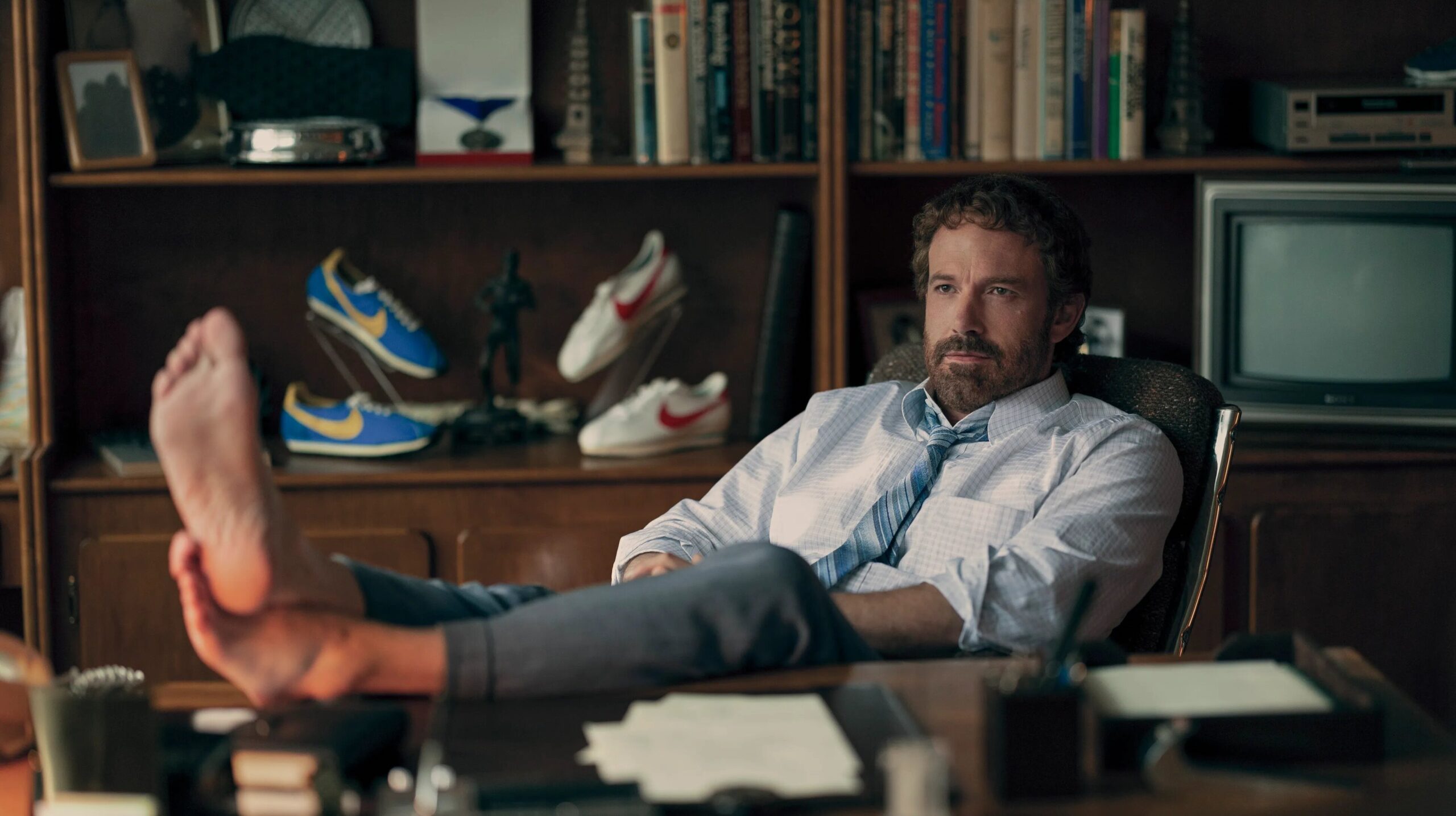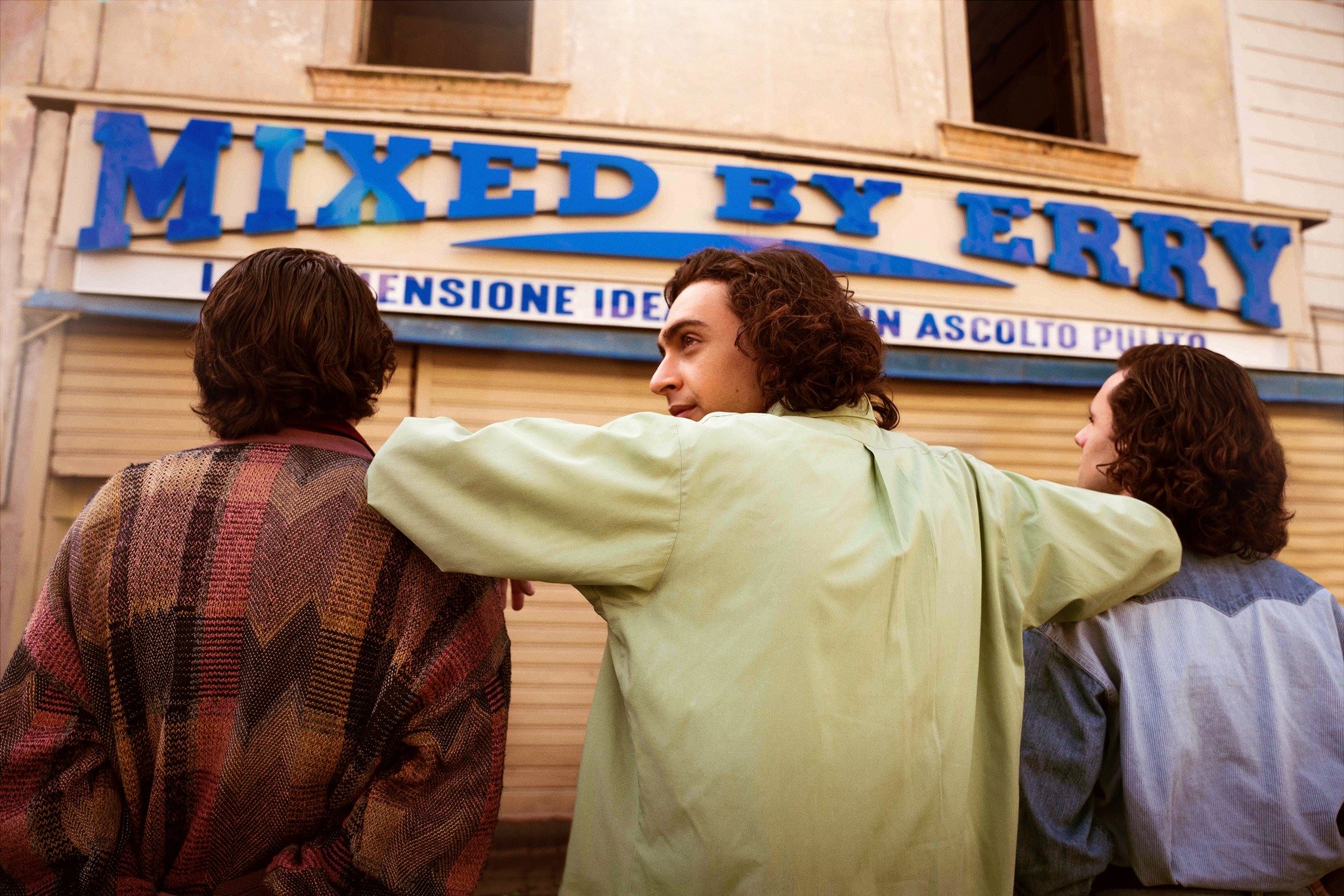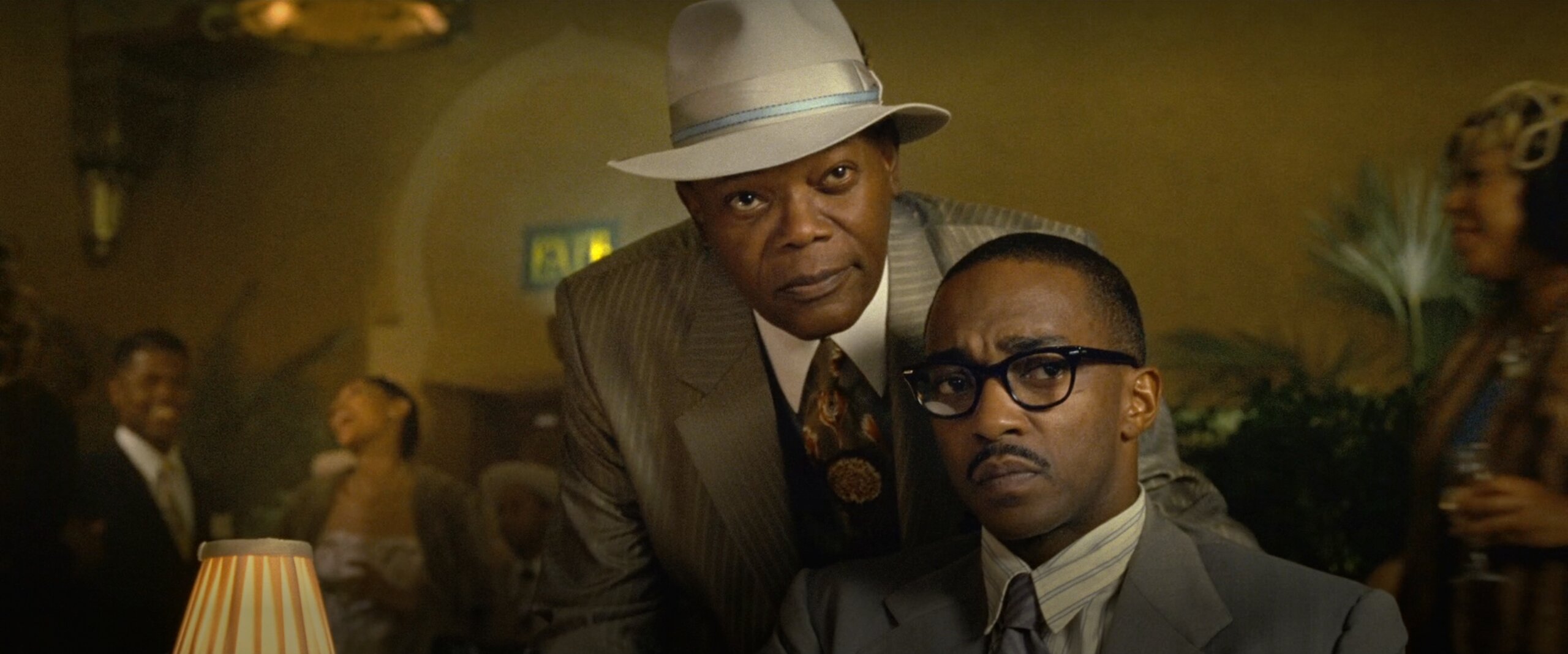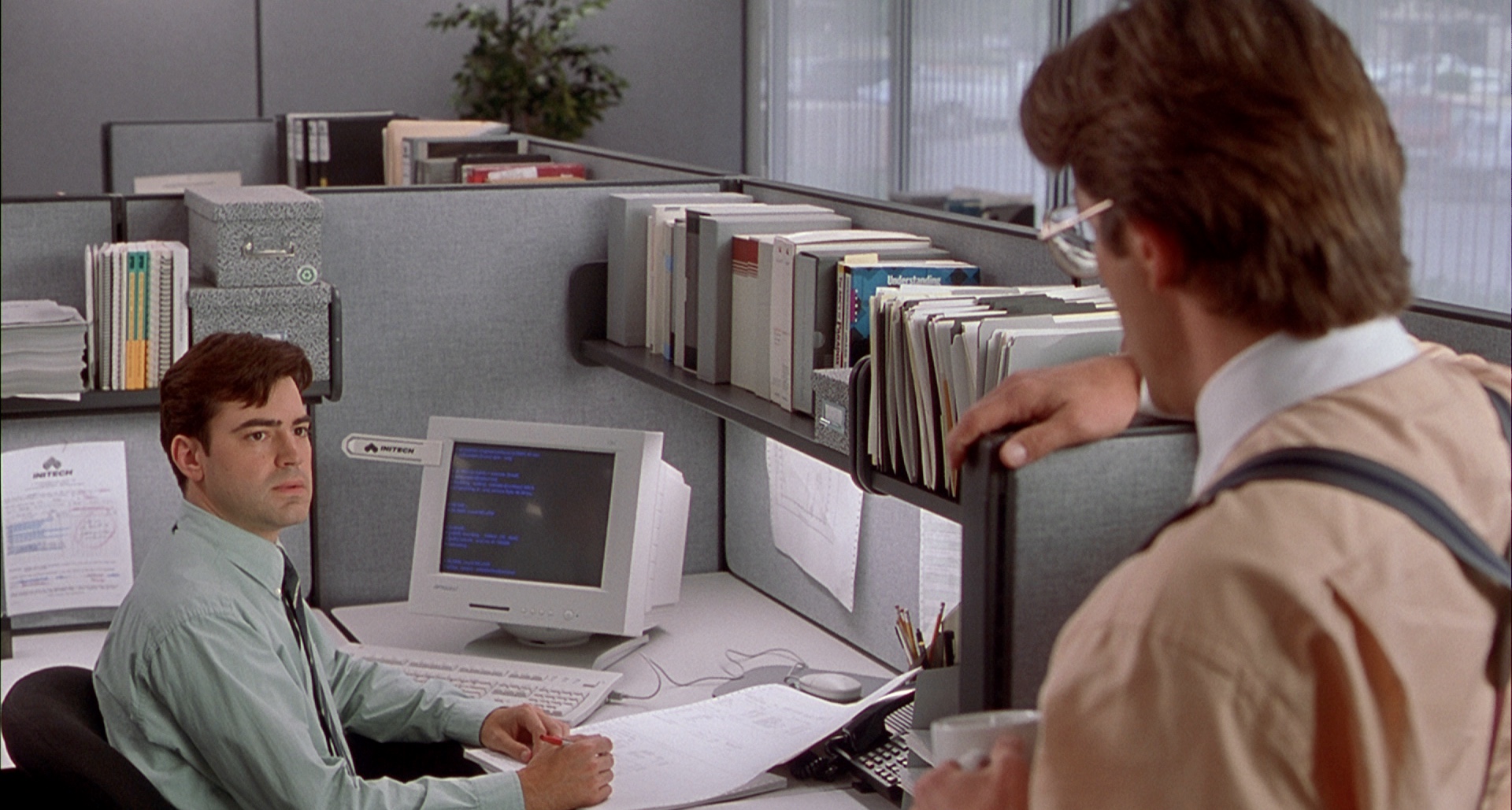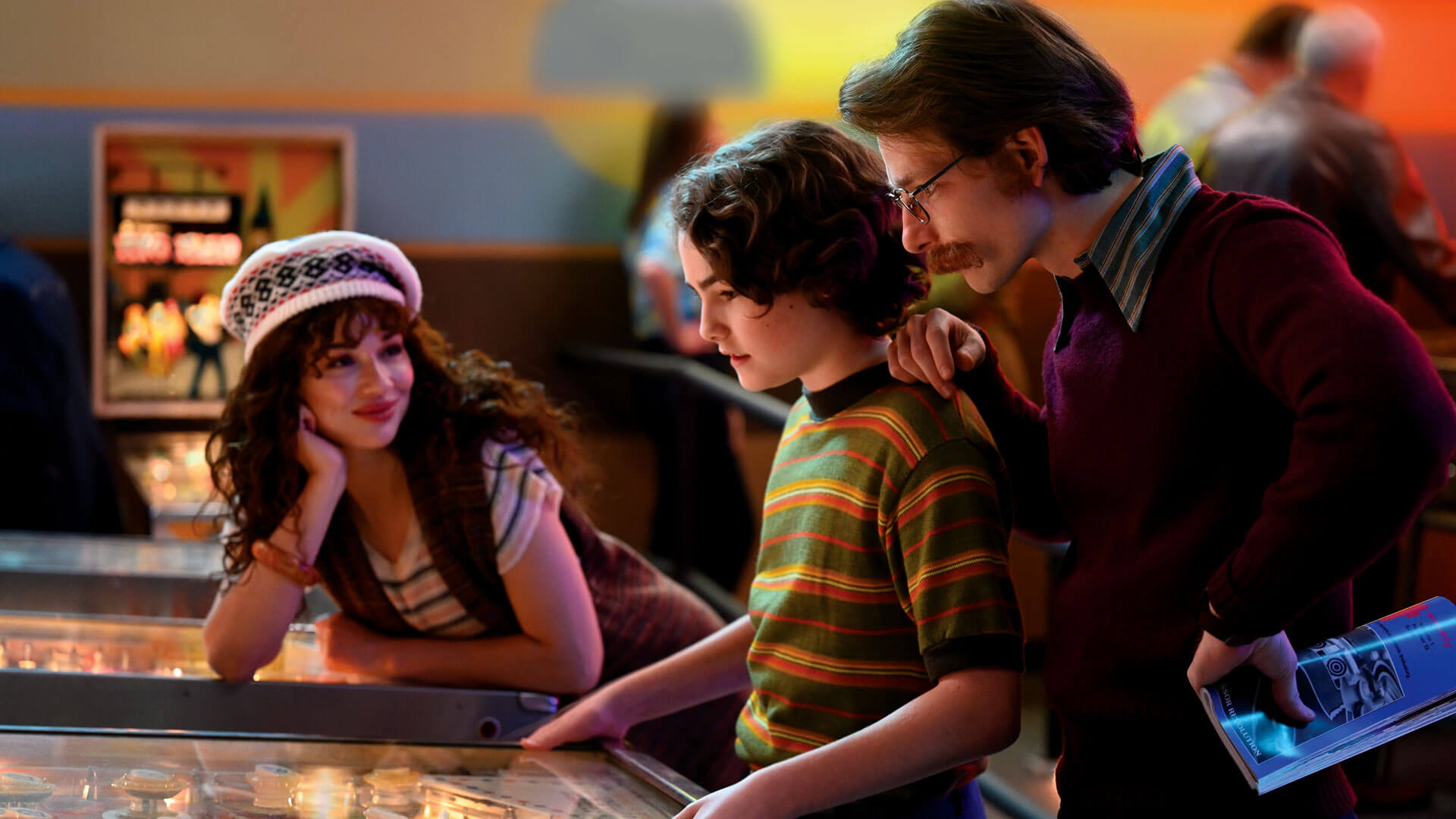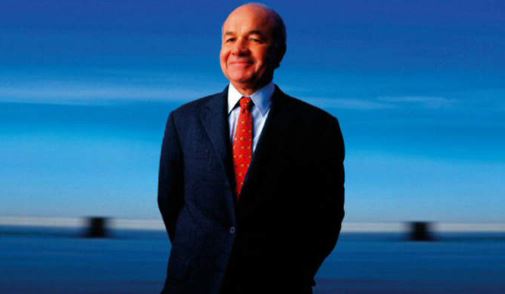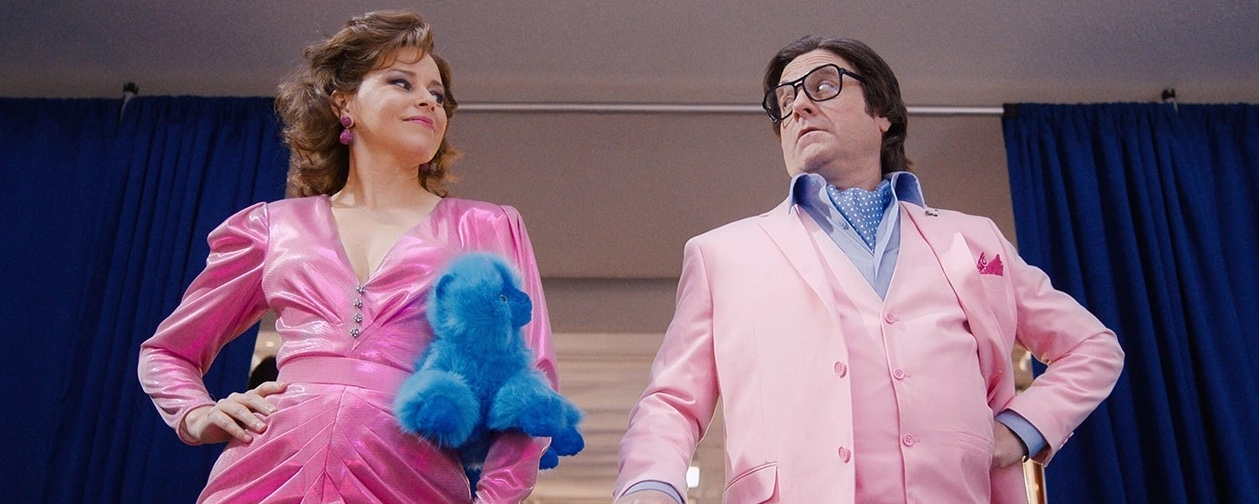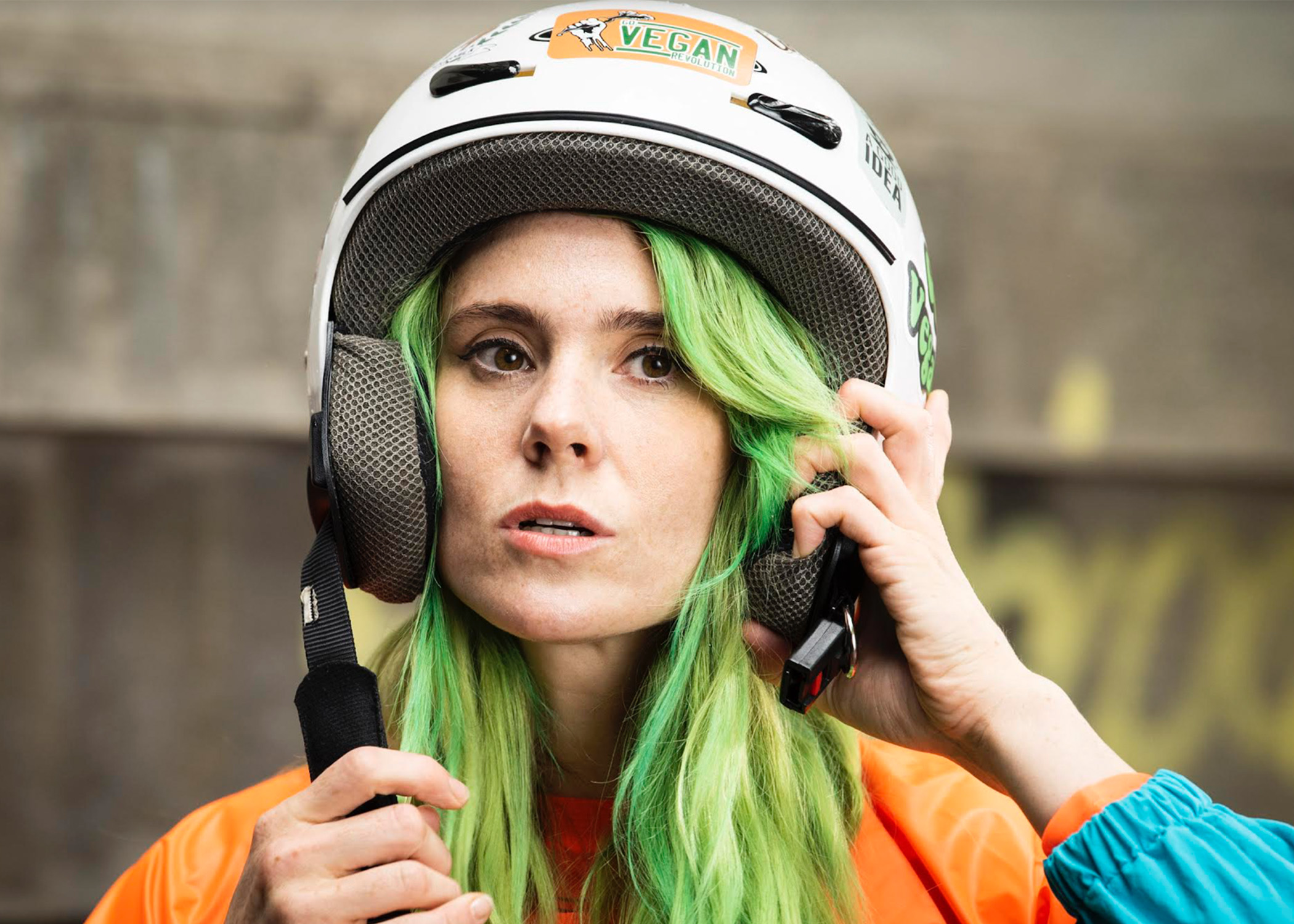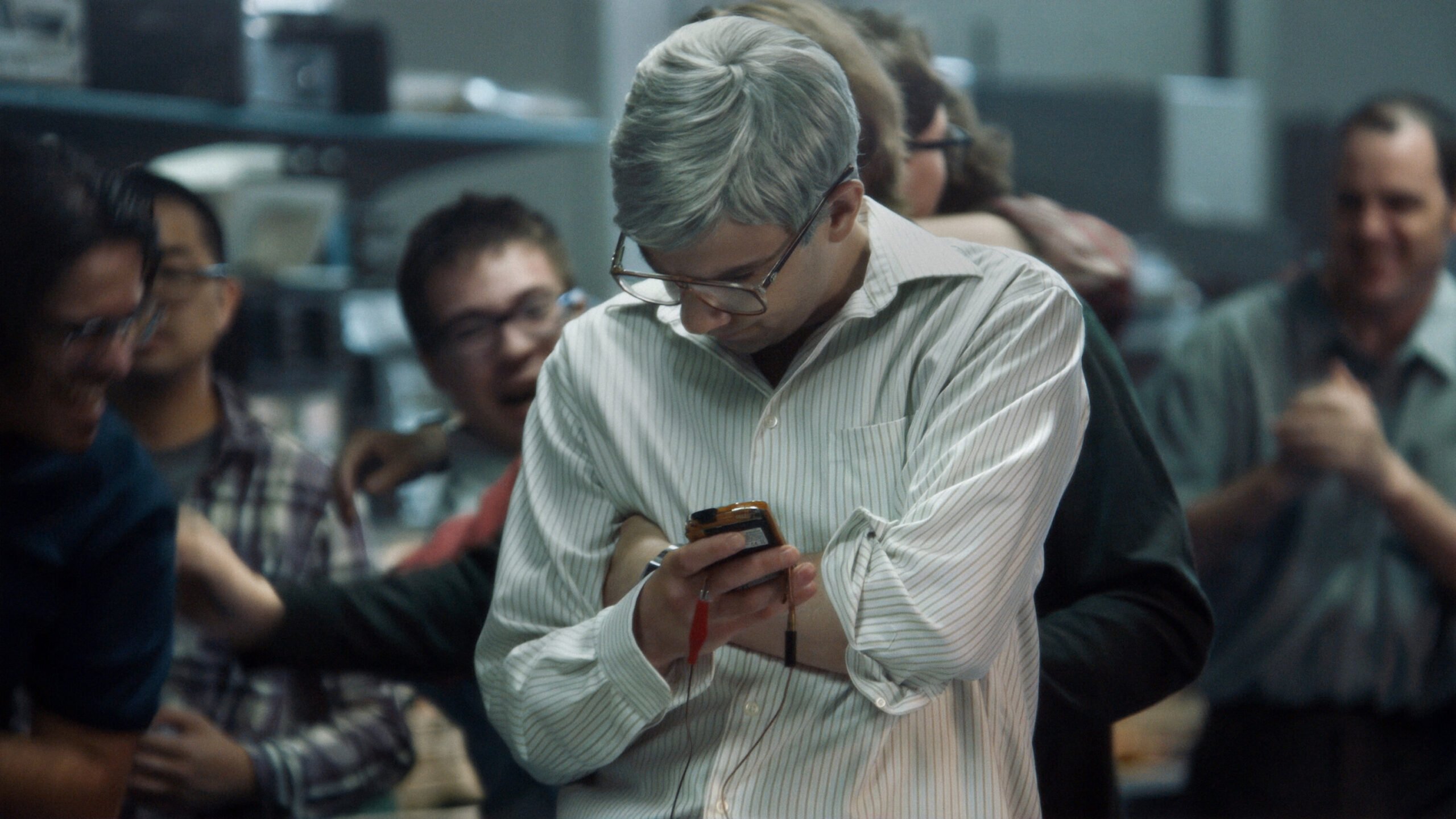
20 Best Movies About Business and Entrepreneurs
November 20, 2023
Share:
If you’re reading this article, I’m sure you know by now that a cursory search of “the best business movies” will yield more or less the same results: The Wolf of Wall Street, Jerry Maguire, The Social Network, Steve Jobs, The Big Short. And sure, those are great films that shed light on the tough-as-nails business that is, well, business. But plenty of films have been made since then, many of which give us even more of a glimpse of what it’s like to find, manage, protect, and grow your own company.
We’ve searched far and wide, going beyond the usual Hollywood titles and recognizable brand names, to look for the most useful, entertaining, and recent movies that can be enjoyed by entrepreneurs of all kinds, and came up with the recommendations below. So whether you’re a seasoned salesman or an up-and-coming hustler, here’s our list of the best movies about business that you should watch right now.
Read also:
11. Air (2023)
Genres
Director
Actors
Moods
In 1984, Michael Jordan was a rising star and Nike had yet to make its mark in the basketball industry. With nothing to lose, Nike had to make a choice: settle behind the far more successful Adidas and Converse or shoot its shot and bet everything they have to win Jordan?
You don’t have to be an NBA fanatic to know what Nike went with. The real-life story of how Air Jordans came to be is compelling in itself, but the dramatized version of it in Air is told with extra verve and charm, with director Ben Affleck and writer Alex Convery successfully turning a business pitch into something funny, moving, and highly watchable, predictable beats and all.
Air covers the big hits and misses of business (which it buoys with lighthearted jokes and tender backstories), provides an addictive 80s soundtrack (without caricaturing the era), and gives us likable, rootable characters (an impressive feat given that this is, essentially, a Nike ad campaign). Matt Damon and Viola Davis, especially, turn in performances that elevate Air into something quite special. And while this film may be more about the Air than the Jordans, it is still a champion’s story—familiar and cheesy at times, sure, but feel good, inspiring, and truly winning.
12. Mixed by Erry (2023)
Genres
Director
Actors
Moods
Fast and funny with surprisingly tender moments in between, Mixed by Erry doubles as a fascinating period piece and a heartfelt family comedy. On a larger scale, it tracks the rise of musical piracy, which Erry and his brothers accidentally stumble onto with their cassette-copying business, Mixed by Erry. But what starts out as an innovative trade fueled by Erry’s love for music—Erry himself is like a Spotify algorithm come to life, instantly creating mix tapes for people based on what they like—soon transforms into a legal threat that catches the ire of record labels and finance regulators alike. It sounds thrilling and complicated, but the film’s lofty premise is grounded by the relatable dreams Erry and his brothers share. They genuinely believe they’re doing nothing wrong by distributing music and boosting the local economy, and as naive and misguided as that may be, there’s something heartwarming about their intentions. The film itself doesn’t take sides. Instead, it acknowledges the situation for what it is—a landmark case in musical history ripe with educational and entertaining moments.
13. The Banker (2020)
Genres
Director
Actors
Moods
Revolutionaries come in many forms. Some prefer to rally in the streets, while others, like the businessman Bernard Garrett, championed race equality in his field of finance. Discreetly and rather dangerously, he purchased buildings and offered loans to his fellow Black men at a time when they were denied these rights and more. It was an ingenious plan hatched at a precarious time, and the film captures how Garrett (Anthony Mackie) managed to pull it off (for the most part).
The Banker doesn’t get as thrilling as it could be, but it is fueled by a smart script that unapologetically gets to the nitty-gritty math of it all, as well as engaging performances by Mackie, Samuel L. Jackson, and Nicholas Hoult. The film effectively revives Garrett’s inspiring story for a modern audience, turning it into an important piece of American history that won’t soon be forgotten.
14. Office Space (1999)
Genres
Director
Actors
Moods
Before “burnout,” “bullshit jobs,” and “quiet quitting” became part of our everyday lexicon, there was a film in the ‘90s that prophesied the rise of these workplace problems. Office Space follows three co-workers who, having had enough of their dreary low-paying jobs, fight back against their company via an embezzlement scheme.
Office Space makes the most out of its indie budget as it mostly takes place in the cramped quarters of a company, effectively bottling us into the cubicled windowless world of the characters. But the real beauty of the film is in the details, from its quick zingers and thoughtful takes on the essence of work down to its elaborate “planning to plan” scheme in the background and the employees’ forced politeness singing happy birthday to their boss. Modern viewers will notice that Office Space sits right in between the dystopian thriller Severance and the beloved sitcom The Office—a dark comedy that highlights the necessity of humanity in everyday work.
15. Pinball: The Man Who Saved the Game (2022)
Genres
Director
Actors
Moods
Told in a playful mockumentary format, Pinball: The Man Who Saved the Game delivers precisely what the title promises and a bit more. Apart from imparting interesting information about pinball’s complicated past (it was only declared legal in New York as recently as 1976), the film doubles as a touching family drama and a fun experiment on genre. As Robert Sharpe, the real-life games expert who helped decriminalize pinball, Mike Faist is winsome, compelling, and maybe the best thing about the film.
While Pinball could’ve leaned into its silliness more instead of just dipping its toes in avant-garde territory, the film is pleasant enough with plenty of fun and tender moments to enjoy.
16. BlackBerry (2023)
Genres
Director
Actors
Moods
Unlike other films about great inventions of a bygone era, BlackBerry isn’t nostalgic nor sentimental in the least bit. Instead, it’s chilly, calculating, and surprisingly comic (it has to be, with comedians Jay Baruchel and Glenn Howerton as leads). And it’s less about the brilliance of this one product than the cycle of greed, corruption, and vanity that eventually traps its too-ambitious creators.
It’s a smart film that refuses to dumb down the tech and business side of things, and what it lacks in characterization (there is little to no backstory to be found), it more than makes up for in drama and a superb pace, which propulsively and practically brings you to its wonderful peak and bleak end. Equipped with a no-nonsense yet thrilling approach to facts, BlackBerry is a refreshing entry into the biopic genre.
17. Enron: The Smartest Guys in the Room (2005)
Genres
Director
Actors
Moods
A documentary about the rise and fall of the Enron Corporation, the energy-trading and utilities conglomerate that gained worldwide attention in 2001 upon its headline-grabbing bankruptcy. Detailing the massive amount of fraud and malfeasance committed by the organization’s top executives, the film delves into the many intricate strategies and “special purpose” entities that were manufactured in order to hide enormous losses and debt from shareholders and the general public. It’s a fascinating and distressing examination of hubris and greed, with so many ethical considerations laid aside in the pursuit of financial gain. The film is as pertinent today as it was when it was released in 2005—perhaps even more so in this post-financial collapse era of increased distrust in corporate agendas.
18. The Beanie Bubble (2023)
Genres
Director
Actors
Moods
Between Air, Pinball, Blackberry, and Tetris (is nothing sacred anymore?), 2023 has seen its fair share of business biopics. Unfortunately for The Beanie Bubble, it’s coming at the tail end of a trend that has overstayed its welcome in theaters. The Beanie Bubble isn’t very different from its predecessors in that it depicts its product as revolutionary and game-changing for the industry (it’s really not) and attempts to simplify the business phenom via cute graphics and quirky dialogue. Those aspects of the film are fine, if a bit forgettable, but The Beanie Bubble deserves some praise for exploring the power imbalance between Warner and his female partners, whose ideas he milked to no end. Robbie (Elizabeth Banks), Sheila (Sarah Snook), and Maya (Geraldine Viswanathan) are the ones telling this story, and even though the constant time hopping can get irritating, there are times when it feels inspired, like when Robbie starts one sentence and Maya ends her thought. They may be years apart but they’re all falling victim to the same greedy man who has a pattern of exploiting the talented women around him.
19. Coffee Wars (2023)
Genres
Director
Actors
Moods
“There is no ethical consumption under capitalism,” a famous socialist belief goes, but like many activists, Jo is trying to curb that. She marries her two conflicting passions, coffee and the environment, by establishing a vegan cafe that only serves plant-based drinks. If a customer so much as mentions dairy, they’re humiliated before being kicked out of the place. It’s both impressively assertive and gratingly obnoxious, which is something you could also say about the tone the entire film strikes. It’s well-meaning in its attempt to shed light on the ongoing climate crisis, but rather tone-deaf in trying to place the blame on everyday consumers rather than large-scale corporations. The editing choices, while meant to be cheeky, also go overboard with the cuts and colors, making it more annoying than anything else. Which is a shame, because apart from a noble cause, Coffee Wars also has a funny script and engaging performances going for it. It also gives us an insightful look into the highly competitive coffee tournaments being staged around the world. If only Coffee Wars let things brew for longer, maybe removed some elements and expanded others—specifically, dwell more on the contradiction of wanting to change a system while participating in it—then it would’ve been even more enjoyable and educational than it is.
20. Pain Hustlers (2023)
Genres
Director
Actors
Moods
Pain Hustlers is based on a 2018 New York Times article of the same name exposing a drug company that marketed a fentanyl-based drug. Zanna, the on-screen pharmaceutical start-up, is modelled after Insys: the actual company who pushed a fentanyl-based spray for pain management with the help of sales reps who particularly appeal to a certain male gaze. A DIY scheme of bribing doctors through “speaker programs”—or recurring, debaucherous parties—gets Zanna off the ground, catapulting stripper-turned-manager Liza Drake (Emily Blunt) to a much-yearned financial stability. Together with the coked-up COO (magnificently played by Chris Evans), Liza puts her street smart potential to work; she goes all in, until it all crashes and burns. It’s cynical how predictable the plot of such a film can be, mainly because the only character development we see is in Liza’s sudden moral spark at the sight of drug abuses and overdoses. Pain Hustlers tries really hard to build a hero, tear her down, and then rehabilitate her status, but to what end? The film ends up using the fentanyl crisis as a narrative drive, a highly dubious move when you’re supposed to be spreading awareness.
Read also:
Comments
Add a comment
Ready to cut the cord?
Here are the 12 cheapest Live TV streaming services for cord-cutting.
More lists
Lists on how to save money by cutting the cord.
Curated by humans, not algorithms.
© 2025 A Good Movie to Watch. Altona Studio, LLC, all rights reserved.
